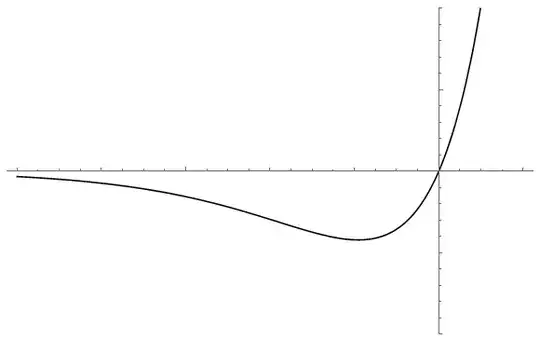Are there non-trivial solutions $f:\Bbb R\to\Bbb R$ of the following "differential equation"?
$$f'(x)=f(x+1).$$
I consider $f(x)=0$ as trivial solution. I tried to express $f$ as a power series, i.e. $f(x)=\sum_n a_n/n!\cdot x^n$. This brought me to the following identity for the coefficients:
$$a_{n+1}=\sum_{k=0}^\infty \frac {a_{k+n}}{k!}.$$
This does not really help, as the right side contains infinitely many coefficients itself. And infinitely many must be non-zero. I expect that a possible solution looks something like this:

Consider $f(z) = e^{\alpha z}$.
$$f'(z) = \alpha e^{\alpha z}= e^\alpha e^{\alpha z} = e^{\alpha(z+1)} = f(z+1)$$
– mechanodroid Sep 22 '17 at 13:36